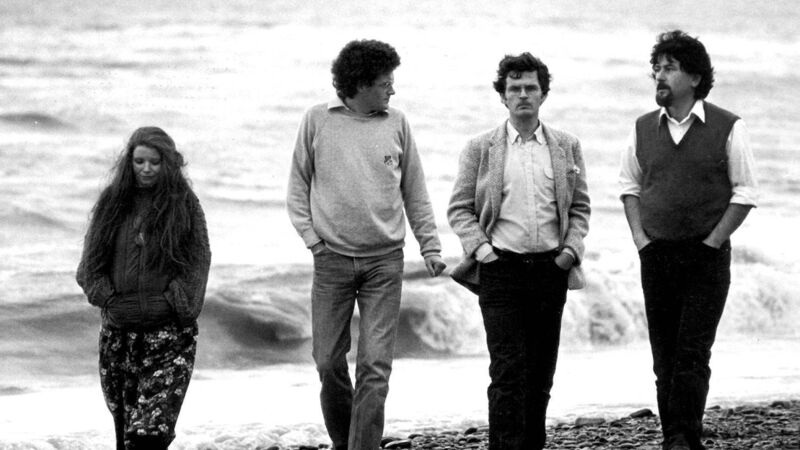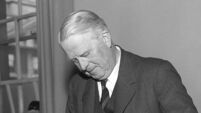Book review: story of a journal is also history of a literary scene and its writers

The ‘Innti’ poets in the early 1970s, from left: Nuala Ní Dhomhnaill, Michael Davitt, Gabriel Rosenstock, and Liam Ó Muirthile. Picture: Bill Doyle
- Inside Innti: A new wave in Irish poetry
- Edited by Ailbhe Ní Ghearbhuigh and Tristan Rosenstock
- Cork University Press, €49
BOOKS & MORE
Check out our Books Hub where you will find the latest news, reviews, features, opinions and analysis on all things books from the Irish Examiner's team of specialist writers, columnists and contributors.







